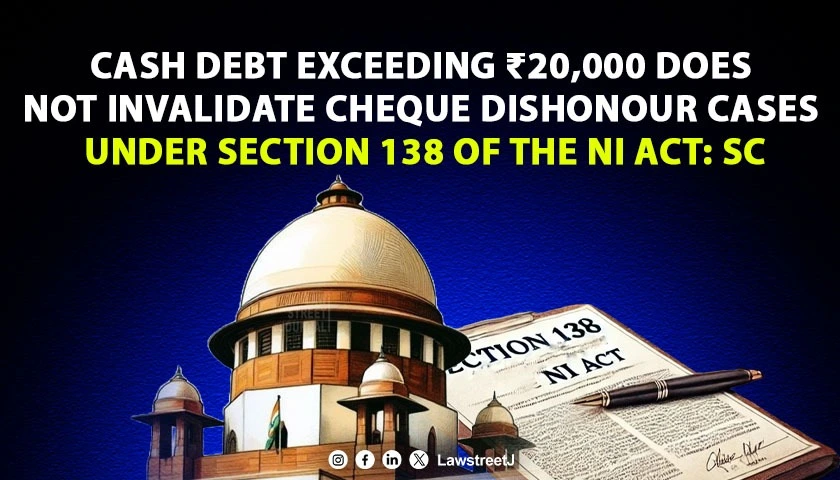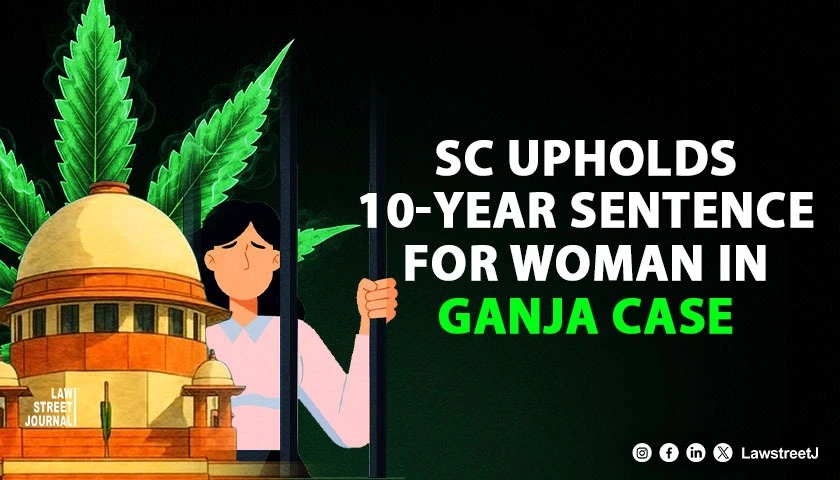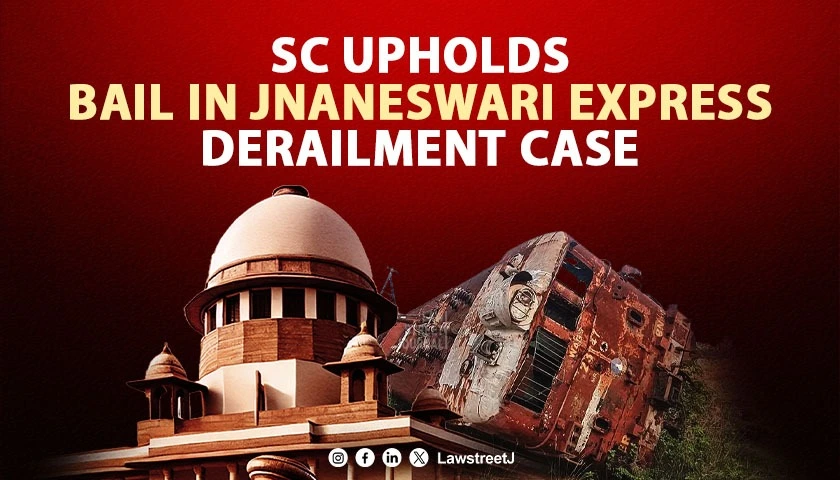In a recent judgment in the case of Zee Learn Vs. UTI Asset Management, the Bombay HC has held that the RBIs moratorium scheme cannot be applied to mutual funds and debentures.
The petitioner Zee Learn had defaulted on payment of Rs 44 cr to UTI Assets Management under a debenture deed, which was to be redeemed on 8th July 2020. In the writ petition filed before the Bombay High Court, Zee Learn claimed that the default occurred due to the COVID-19 pandemic. It has also asked for an extension of the redemption date to three months after the government allowed schools to fully open.
The counsel for Zee Learn has argued that though Reserve Bank of India March 27 and May 23 moratorium was not referred to mutual funds or debentures the principle behind it should be extended to the petitioner.
UTI Asset Management Company opposed the claim and stated that Zee Learn has defaulted in repayment in early July 2019 as well before the spread of COVID-19. UTI also said that RBIs directions do not apply to debentures and mutual funds. It also stated that 21,000 small investors need to be paid by Zee Learn for the debentures held. Therefore, any relief would affect those small investors.
The two-judge bench comprising of Justices RD Dhanuka and VG Bisht ruled in favor of UTI Asset Management Company and directed Zee Learn to pay the default.
The order read as follows:
The entire petition is based on the reliance placed on the moratoriums dated 27th March 2020 and 23rd May 2020 issued by the Reserve Bank of India. A perusal of the said circular indicates that it applies to all commercial banks, all primary (Urban) Co-operative Banks, States Co-operative banks, District Central Cooperative Banks, All India Financial Institutions, All Non-Banking Financial Companies and also deals with terms loans and working capital facilities provided by those entities. It is clear beyond a reasonable doubt that those two circulars would not apply in case of mutual funds and debentures. In our view the reliance placed by the petitioner on those two circulars for the purpose of availing benefits under those two circulars for the purpose of availing benefits under those two circulars is misplaced. None of these circulars would apply to the facts of this case. The concession provided under those two circulars cannot be availed by the petitioner.







